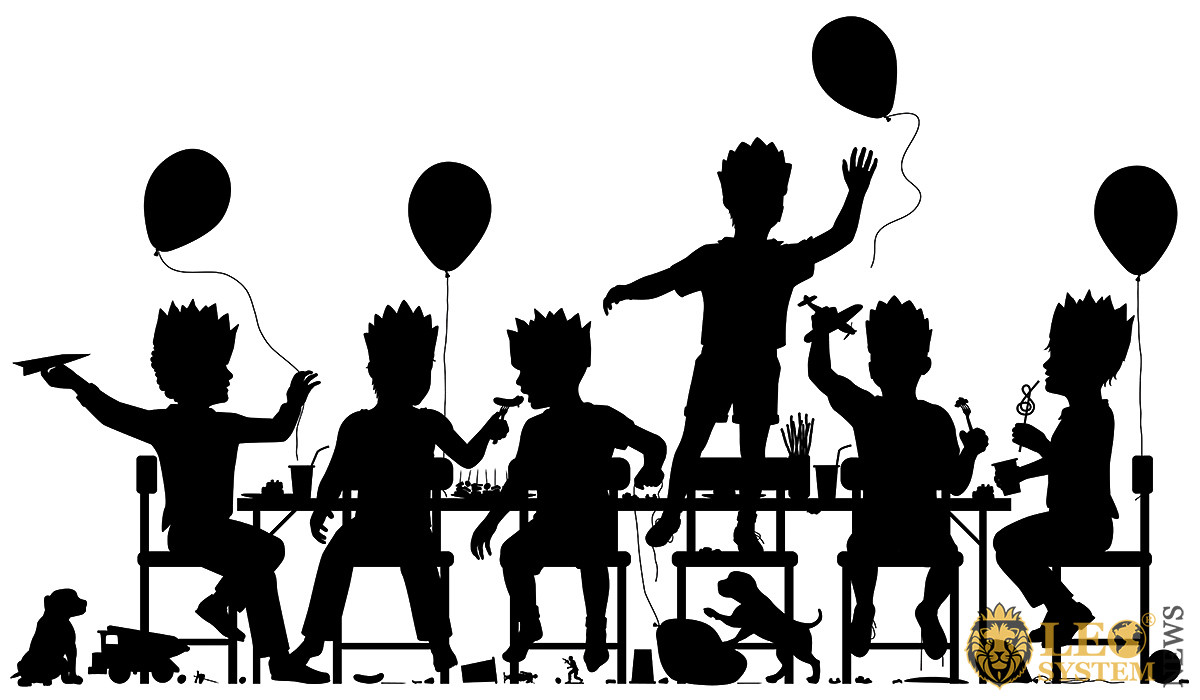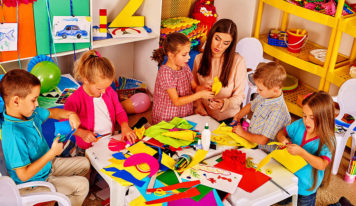The first and most important relationship a child will have is with the family. If the child has a secure attachment with the parents, it lays the foundations for life. Showing some leadership in a family is a way of building stronger parent-child links, as interactions with other people can be the most difficult area of life. Today we will take a look at how it is done.
Early Social Interaction.
From the time they are born, our children absorb everything around them, and we now know that there are three key areas that are important in a child’s development, they are social problem-solving, social skills, and behavior.
Many families focus on academic development, but studies have shown that these other skills, learned in the family, are equally important. As parents, there is so much, we can do in the home to manage behavior effectively, and show leadership by developing positive relationships with the child and encouraging the child to cooperate.
What is Child Leadership in the Family?
-
Cooperation.
Cooperation is a basic skill in life. Children who don’t learn to do what the teacher asks will find life very difficult. Children who fail to cooperate often don’t pay attention in class. Other students ultimately reject the child because of his anti-social behavior. Cooperative behavior starts at home, and it is important that the parent and child are not in a pattern of constant conflict.

Shy and anxious students are often uncooperative missing out on social interactions with their peers, and they need particular help in developing their social skills. This is where the parent can help the child with social problem-solving skills, and they are best learned early in life.
Some simple tips are:
- If a child refuses to take turns and share with other children, this can be changed. Play a game with the child and model appropriate sharing behavior.
- An aggressive child is frightening to other kids, and they won’t want to play with him, this is a learned behavior. Don’t behave in an aggressive manner in front of children.
- Invite friends to your house and supervise some games for the children to play in small groups. Oversee and model cooperative behaviors. Seeing the interaction with others enables the parent to better understand what is happening and what needs to change.
-
Problem-Solving.
What is child leadership in the family without problem-solving? By the time a child is three, their language skills are developing, but they are still very self-focused. So, we will wait until they are four when they can understand the needs of others, and some children may not be able to do this until they are five.

Therefore, five years is a good age to enter school, and they need to be able to do it:
- Listen to what is being said to you and see things from the other person’s point of view.
- They need to learn empathy or put themselves in the position of another. Having a pet, parrot, cat, dog, or guinea pig and helping to care for the animal is a good way for a child to learn about the needs of others.
- Some children become angry very easily, and they need to learn to calm down and get on with what they are doing.
- Handling conflict, teach the child how to agree to disagree. Discuss the feelings, sometimes there is no answer.
- Suggest the child works out their own solution.
-
Positive Relationships.
Encourage your child, by praising the action. If a teacher is reading to the children and Jack responds appropriately, she will say ‘Good listening Jack’, and that will encourage Jack to listen even harder. Rewards are a part of the world we live in.

As parents, we can have a really hard time getting the best behavior from our children. The behavior chart works really well when praise is not enough. Purchase a behavior chart, and set some simple tasks for the child to achieve, giving 1 star for each action.
Keep the tasks simple:
- Making the bed.
- Feeding the pet.
- Brushing their teeth.
Set a 4-week time frame, 1 star a day when activities are completed. Allow the child to set their own reward for the end of the time period. It may be a trip to a theme park, or a coveted toy, or anything not too expensive! This works really well on younger children.
Conclusion.
We need to allow our children to solve their own problems as early as possible and find alternative solutions!
Read the article: How Do Parents Influence the Fate of Children?
































